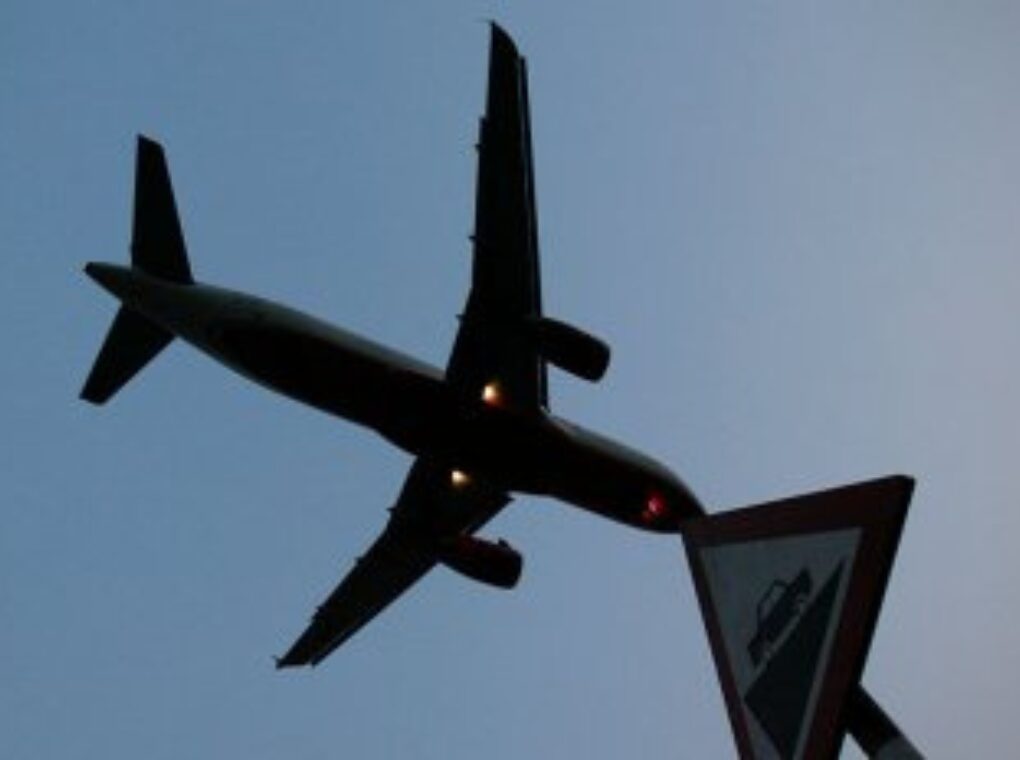India’s civil aviation sector is on high alert following multiple reports of GPS spoofing incidents near Delhi’s Indira Gandhi International Airport (IGIA)—marking the first time such occurrences have been detected in Indian airspace. The Directorate General of Civil Aviation (DGCA) has responded with an urgent directive, mandating that any instance of GPS spoofing or abnormal satellite navigation behavior be reported within 10 minutes of detection.
This unprecedented move comes amid growing global concern over satellite navigation interference, which poses a serious threat to aviation safety and national security.
What Triggered the Alarm?
In recent weeks, pilots flying in and out of Delhi reported unexplained discrepancies in their onboard navigation systems, including mismatched aircraft positioning data and sudden loss of satellite signal integrity. These irregularities forced several flights to switch to ground-based navigation systems like the Instrument Landing System (ILS) for landing and approach operations.
Investigations are underway to determine whether these disruptions stemmed from deliberate interference, cyber manipulation, or natural technical anomalies. According to officials, multiple airlines and operators reported incidents, suggesting that the issue was not isolated.
The DGCA confirmed that it received formal reports of suspected GPS spoofing, prompting immediate coordination with aviation security, technical, and intelligence agencies.
National Security Agencies Step In
Given the sensitive nature of the capital’s airspace, the National Security Advisor’s Office (NSA) has launched a multi-agency probe into the incidents. The investigation involves the Indian Air Force, Bureau of Civil Aviation Security (BCAS), Indian Space Research Organisation (ISRO), and the Ministry of Electronics and Information Technology (MeitY).
Security experts warn that GPS spoofing—a technique that mimics genuine satellite signals to deceive receivers—can potentially mislead aircraft navigation systems, causing them to display false positions. Unlike GPS jamming, which merely blocks signals, spoofing is deceptively precise and can create catastrophic safety risks if undetected.
“Even a few seconds of spoofed data during critical flight phases, such as landing, can lead to spatial disorientation or controlled flight into terrain,” a senior aviation safety expert told Mathrubhumi English on condition of anonymity.
DGCA’s 10-Minute Rule: Rapid Response Mandate
Under the new DGCA protocol, pilots, air traffic controllers (ATC), and ground technical units must immediately report any suspicious satellite navigation behavior.
This includes:
Discrepancies in aircraft position or heading,
Unusual Global Navigation Satellite System (GNSS) signal loss, or
Abnormal variations in satellite data integrity.
The DGCA’s order specifies that reports must reach the regulator’s monitoring cell within 10 minutes of detection. The goal is to enable real-time analysis, coordinated response with security agencies, and immediate advisories to other flights operating in the affected region.
“The immediate reporting window will allow us to detect and isolate spoofing attempts quickly, preventing potential safety hazards,” a DGCA spokesperson said.
Upgrades and Safety Enhancements at Delhi Airport
In light of these incidents, Delhi International Airport Limited (DIAL) and DGCA have accelerated upgrades to the airport’s Instrument Landing System (ILS)—especially on the main runway—to reduce dependence on satellite navigation during critical operations like takeoff and landing.
DGCA is also developing a nationwide database of GNSS anomalies, aimed at identifying patterns of interference and strengthening countermeasures. The regulator is expected to issue revised Standard Operating Procedures (SOPs) and updates to the Notice to Air Missions (NOTAM) guidelines in the coming days.
A Wake-Up Call for Aviation Cybersecurity
The recent GPS spoofing cases have underscored the growing intersection between cybersecurity and aviation safety. India’s aviation authorities are now exploring measures such as multi-layered signal authentication, redundant navigation systems, and real-time GNSS integrity monitoring to safeguard against such threats.
Experts note that similar incidents have been reported in West Asia and Eastern Europe, often linked to geopolitical tensions and electronic warfare testing. The Delhi events, therefore, mark a significant escalation in the kind of hybrid threats India’s aviation sector must prepare for.
“Cyber interference in navigation is not just a technical glitch—it’s a national security concern,” said an aviation cybersecurity analyst. “India must now treat GPS resilience as part of its strategic defense infrastructure.”
The DGCA’s swift 10-minute rule represents a decisive step toward enhancing real-time vigilance and aviation resilience. As investigators trace the source of the spoofing signals, the incidents serve as a stark reminder: in an era where navigation relies on invisible satellites, the greatest risks may come not from the skies—but from the signals that guide them.
